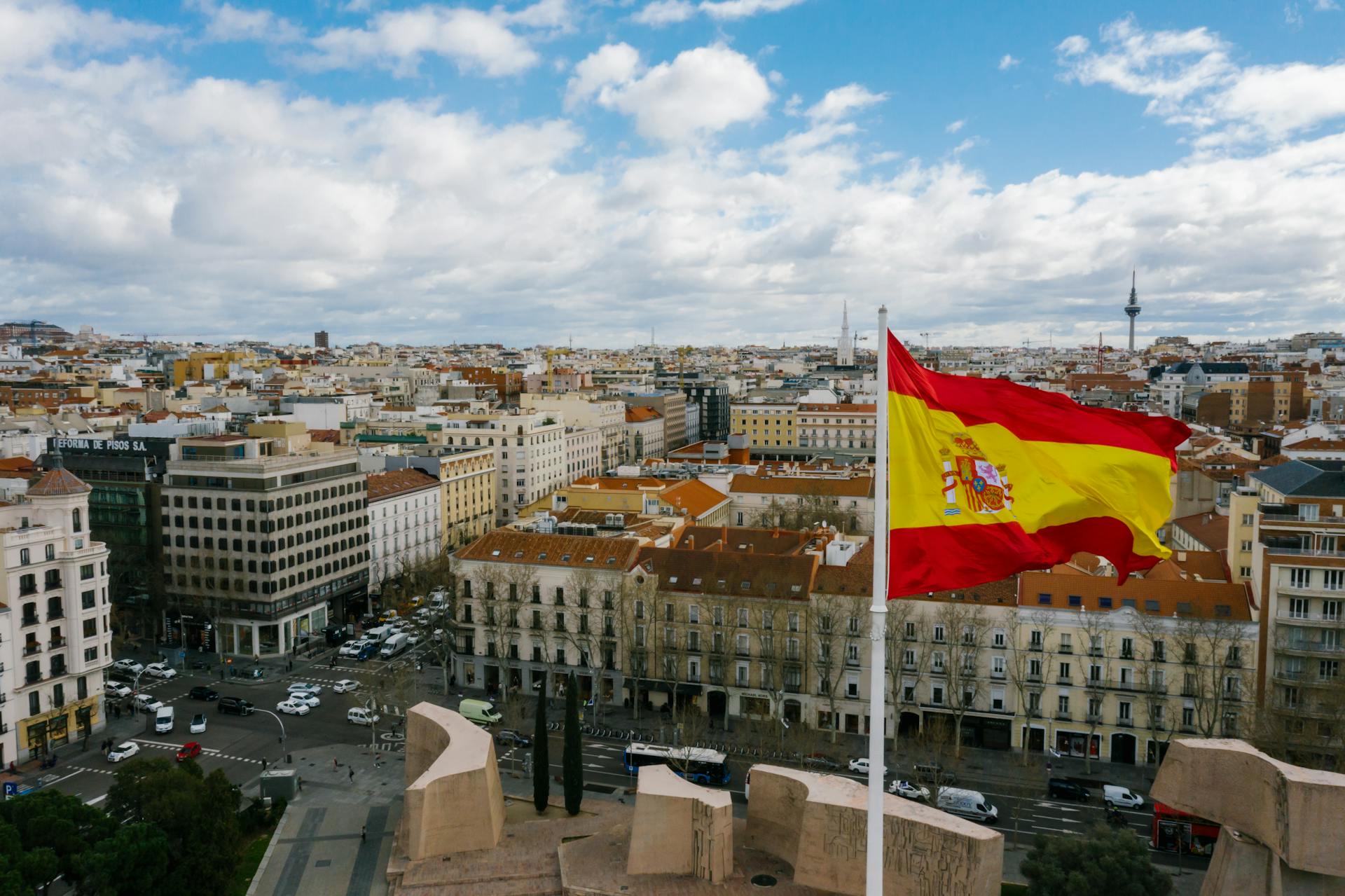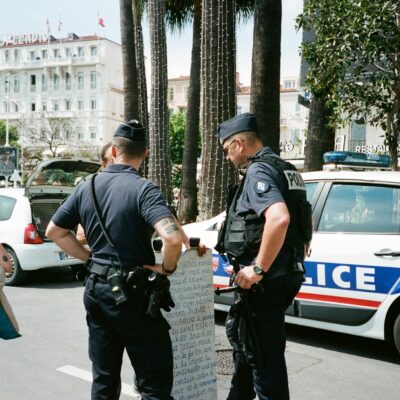Fuerteventura is one of the safest destinations in Europe, attracting millions of visitors every year thanks to its beaches, tranquil atmosphere and relaxed lifestyle. Even so, it’s important for travellers to understand how policing works on the island, what to do in an emergency, and how to get assistance if something goes wrong during their stay.
This guide explains how the police operate in Fuerteventura, how to report a crime, what documentation you must carry, and useful safety tips to ensure a smooth and stress-free holiday.
Police Forces Operating in Fuerteventura
As part of Spain, Fuerteventura hosts three main law-enforcement bodies. Each has different responsibilities, and tourists may interact with more than one depending on the situation.
Policía Local (Local Police)
The Policía Local works for each municipality. Their duties include:
- traffic control and road safety within towns
- local ordinance enforcement
- minor disturbances and nightlife control
- assisting tourists with basic issues
You will see them regularly in tourist areas such as Corralejo, Caleta de Fuste and Morro Jable.
Policía Nacional (National Police)
The Policía Nacional handles more serious matters, including:
- identity verification and passport issues
- reports for theft, robbery or serious crime
- investigations and criminal records checks
- immigration and documentation
Tourists typically visit a Policía Nacional station to file a denuncia (official crime report) for insurance or embassy purposes.
Guardia Civil
The Guardia Civil is responsible for:
- road safety and highway patrol
- rural areas, natural parks and remote beaches
- ports and coastal zones
- major incidents, search-and-rescue, and environmental protection
They are easily recognised by their green uniforms and vehicles.
Emergency Numbers in Fuerteventura
- 112 — General emergency number (police, ambulance, fire)
- 091 — Policía Nacional (urban emergencies)
- 062 — Guardia Civil
- 092 — Policía Local (in some municipalities)
The 112 service is multilingual and usually the best option for tourists.
How Safe Is Fuerteventura?
Fuerteventura is considered a very safe island with a low rate of serious crime. Violent crime is extremely rare. The majority of cases reported by travellers involve:
- pickpocketing in busy areas
- theft from rental cars
- lost belongings
- disturbances related to nightlife
Police patrol the main tourist areas day and night. Most visitors have no issues at all when using normal precautions.
How to Report a Crime (Denuncia)
If you become a victim of theft or need official documentation for travel insurance, you must file a denuncia. This can be done at a Policía Nacional station or at a Guardia Civil post depending on the area.
To file a report, bring:
- your passport or ID
- details of the incident
- list of stolen items
- any evidence (photos, serial numbers, receipts)
Language note: officers may not always speak English fluently. Hotels, resorts or tourist offices can often help with translation. Some travellers choose to bring a bilingual friend, staff member or interpreter.
It is important to understand that while the police always take reports seriously, recovery of stolen items is common — as in most tourist destinations. The report is primarily for insurance and legal documentation.
When You Should Call the Police
Call immediately if:
- a crime is happening right now
- you feel unsafe or threatened
- a disturbance involves violence or intoxication
- you witness dangerous behaviour
- someone needs urgent medical attention
Go to the station in person if:
- you discover your belongings missing later
- you need a report for insurance
- you lost important documents (passport, ID)
- you were scammed and need documentation
Multilingual Reporting
Spain offers multilingual phone-based crime reporting services. Tourist offices and hotels can provide updated contact details. This service allows you to make a report with an English-speaking operator and later visit the local station to sign it.
This avoids translation costs and makes the process easier for non-Spanish speakers.
Important Behaviour Tips When Dealing With Police
Spanish police are generally helpful and professional, but they have strict expectations regarding public behaviour. To avoid problems:
- Stay calm and respectful.
- Do not raise your voice. Shouting or getting aggressive will escalate the situation quickly.
- Do not argue or refuse instructions.
- Always show documents when asked. Ignoring police requests is considered a serious offence.
- Cooperate fully — resisting or insulting a police officer is a criminal offence in Spain.
Following these guidelines ensures a smooth and problem-free interaction.
ID and Documents You Must Carry in Fuerteventura
Spain requires visitors to carry identification. When driving or renting a vehicle, you must always have:
- passport or national ID
- driving licence
- rental agreement and insurance papers
If police stop you and you cannot provide these documents, you may face an on-the-spot fine.
Scams and Common Tourist Issues
While Fuerteventura is safer than many European destinations, some minor issues occur:
- Pickpockets in crowds, beaches and bus stations
- Theft from rental cars when valuables are left visible
- Bag snatching from restaurant terraces
- Overly persistent street sellers
These incidents are opportunistic rather than dangerous. Basic awareness significantly reduces the risk.
Preventing Theft in Fuerteventura
At your accommodation
- Use hotel safes for passports, money, phones and jewellery.
- Do not leave valuables visible through windows.
- Lock doors and windows when leaving.
At the beach
- Do not leave bags unattended.
- Use waterproof pouches if swimming alone.
In rental cars
- Never leave valuables inside the vehicle.
- Avoid storing anything in the boot in tourist car parks.
- Always lock the car and keep documents with you.
In busy areas
- Keep bags zipped and in front of you.
- Be cautious around crowds, markets and stations.
- Double-check your belongings when exiting taxis or buses.
Driving Controls and Road Safety
The Guardia Civil frequently conducts roadside checks across the island. Regulations include:
- zero tolerance for drunk driving
- seatbelts required for all passengers
- children must use approved child seats
- mobile phone use is prohibited while driving
Fines can be applied on the spot and discounts are available for quick payment.
Nightlife, Disturbances and Public Behaviour
Fuerteventura’s nightlife is calmer than other Canary Islands, but the police still monitor areas such as Corralejo and Caleta de Fuste. They respond quickly to:
- drunken or aggressive behaviour
- fights or disturbances
- public disorder late at night
- illegal street drinking where prohibited
If you need help due to a disturbance near your accommodation, the police will assist and restore order.
Language Barriers and Getting Help
Not all officers speak English fluently. If you need support:
- ask your hotel reception for assistance
- request a translator (sometimes a fee applies)
- use multilingual reporting services
- contact your tour operator or travel rep
This is normal across all Spanish islands and not specific to Fuerteventura.
Final Safety Notes for Tourists
Fuerteventura remains one of the most peaceful holiday destinations in Europe. Police presence is strong, and incidents involving tourists are usually minor. By staying aware, respecting local rules and using common sense, your holiday will be safe and enjoyable.
Disclaimer: This guide is for general information only. Always follow instructions from local authorities. We take no responsibility for situations arising from police interactions, legal matters or personal behaviour.













